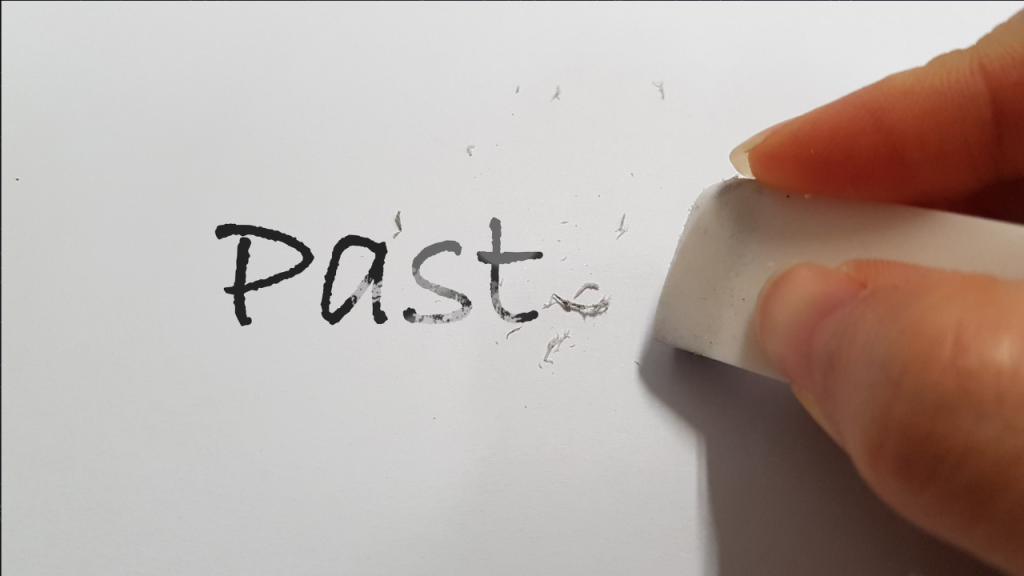The internet never forgets—at least that’s the common belief. A tweet you posted a decade ago, an embarrassing college photo, an offhand comment on a forum—it all seems permanently etched into the vast memory banks of the web. In an era where your digital footprint can be accessed by employers, schools, clients, or even first dates, it’s understandable that more and more people are asking: Can you really erase your digital past?
The answer, as you might expect, is complex. There are certainly steps you can take to minimize, hide, or manage your online presence. But total erasure? That’s a high bar.
Let’s unpack what’s actually possible when it comes to scrubbing your digital history—and how companies like Dignified Online, a leader in professional and personal online reputation management, help individuals reclaim control over their narrative.
What Is Your Digital Past, Really?
Your “digital past” refers to the trail of data and content you leave behind online. This includes:
- Social media posts (Twitter, Facebook, TikTok, etc.)
- Comments on forums, Reddit, blogs
- News articles or press mentions
- Personal blog posts
- Old dating profiles
- Business directory entries
- Cached web pages or archived sites
- Photos and videos
- Court records or public documents posted online
The challenge is that much of this content lives on platforms you don’t control—and even when deleted, it may persist in caches, screenshots, or third-party databases.
What Can Be Deleted?
While “delete” doesn’t always mean “gone forever,” there are ways to remove or suppress some of your digital past:
1. Social Media Cleanup
You can delete old posts from platforms like Facebook, Instagram, X (formerly Twitter), and LinkedIn. Tools like TweetDelete or Semiphemeral can help bulk-delete content based on keywords or date ranges.
Dignified Online offers tailored social media audits and can assist in identifying posts that may be damaging to your personal or professional reputation. Their services go beyond deletion by developing proactive content strategies to showcase your strengths.
2. Google Deindexing Requests
If your name appears in a webpage that is outdated, false, or violates privacy laws, you can request Google to deindex the page, making it less visible in search results.
This works especially well in Europe under the “Right to Be Forgotten,” but even outside the EU, Google may honor certain requests—especially if they involve personal data exposure, revenge porn, or legal issues.
Dignified Online helps clients craft and submit formal deindexing requests and can negotiate with webmasters to take down content directly when applicable.
3. Contacting Site Owners
If harmful or outdated information appears on a blog, news article, or forum, reaching out to the site owner is often the first step. While not guaranteed, many are open to removing content—especially if you explain the harm being caused.
Dignified Online acts as an intermediary in these cases, leveraging experience, professionalism, and discretion to advocate for content removal on behalf of clients.
What Cannot Be Fully Erased?
Despite the tools and strategies available, some aspects of your digital past are exceedingly difficult—or impossible—to erase completely:
1. Public Records
Arrest records, court cases, bankruptcies, or civil filings may be considered public information. Even if charges were dropped or records expunged, some data aggregators and court databases may still show the incident.
Dignified Online doesn’t promise magic wands for public records, but it does offer suppression techniques—like creating positive, optimized content that ranks higher in search results, effectively burying the negative content.
2. Screenshots & Archives
If someone took a screenshot of an old post or if your content was saved to the Wayback Machine (Internet Archive), it’s virtually impossible to erase it completely.
In these cases, mitigation is the strategy of choice. Dignified Online builds and promotes positive digital assets—LinkedIn profiles, guest articles, personal websites—that highlight your current character and achievements.
The Workaround: Suppression and Rebuilding
If deletion isn’t an option, the next best thing is suppression—pushing down the visibility of negative or unwanted content in search results.
This is where Dignified Online excels. They use a multi-pronged approach:
- SEO Optimization: Creating and promoting positive content that ranks higher than unwanted results.
- Content Development: Writing blogs, bios, and newsworthy content that tells your side of the story.
- Reputation Monitoring: Keeping an eye on new mentions so problems can be addressed early.
- Personal Branding: Helping you build a professional presence that aligns with your goals.
Rather than erasing your past, they help you rewrite your future.
Digital Permanence vs. Digital Forgiveness
We live in an era where even major public figures are scrutinized for long-forgotten posts. But we’re also beginning to understand that people grow and evolve. The internet may not forget—but people can forgive.
By working with companies like Dignified Online, individuals are not just burying mistakes; they’re reshaping the narrative. It’s not about hiding who you were—it’s about showing who you are now.
And that’s a more authentic form of reputation management.
So, Can You Really Erase Your Digital Past?
Technically? Not entirely.
Practically? You can make it very hard to find.
With the right tools, tactics, and support from a dedicated firm like Dignified Online, you can minimize the impact of your digital past, highlight your present, and protect your future.
Whether you’re job hunting, applying to schools, or simply want a fresh start, taking control of your digital footprint isn’t just smart—it’s essential.

